Bringing a refined essence to the global stage, ART X Lagos underscores African culture and redefines perceptions of its art. Running from the 31st of October to the 3rd of November, 2024, ART X Lagos aims to deliver an exceptional experience, highlighting both emerging talents and established visionaries, as well as pioneering industry leaders. Through the story and work of these trailblazers, narratives are shifted, presenting Africa as dynamic, diverse, and self-determined. It stands as a platform to encourage audiences to see African art beyond the historical lens of colonialism, recognizing it as a distinct world of creativity with its unique styles, forms, and cultural expressions.

This year’s ART X also emphasizes the contributions of revolutionary African artists and showcases how their innovative work has laid the foundation for expanded growth and appreciation of Africa. Courtesy of the Stanbic IBTC and coordinated by Missla Libsekal, an Independent Curator and Creative Producer; Fikayo Adebajo, a Photographer and Visual Artist; Haily Grenet, a Director and Curatorial Producer; and Ed Keazor, a renowned Historian, The Mark-Makers: Unsung Pioneers is a programme celebrating African pioneers through ART X Lagos and spotlighting influential Africans whose groundbreaking work reshaped fields from science and art to activism.
Taking place on the 3rd of November by 3pm, this discourse highlights individuals who have courageously transcended norms, pushing for both community upliftment and the broader recognition of African contributions. Memoralizing these often-overlooked pioneers, the panel session underscores a powerful message: that progress thrives on the audacity to envision and pursue new possibilities for Africa’s future. This piece will delve into slivers of these trailblazing individuals whose influence defied societal expectations, pioneered groundbreaking paths across diverse fields and not only shaped but continues to redefine the landscape of their various fields.
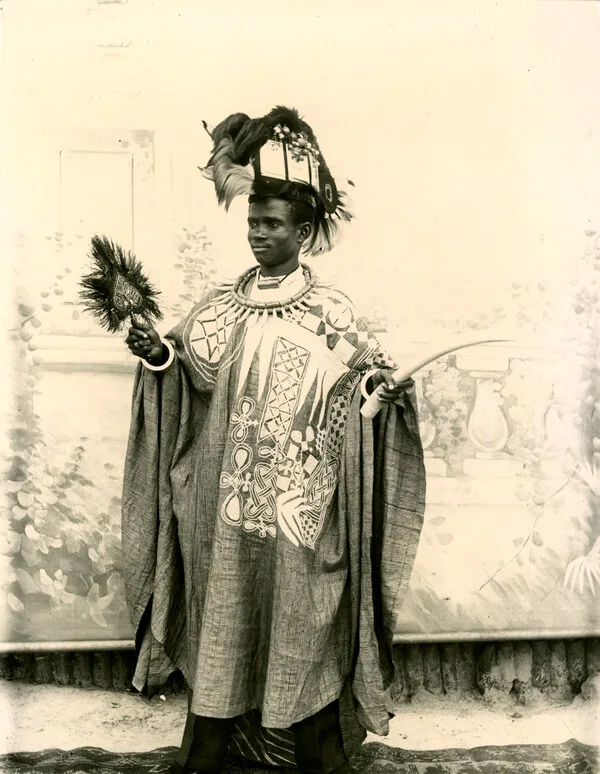
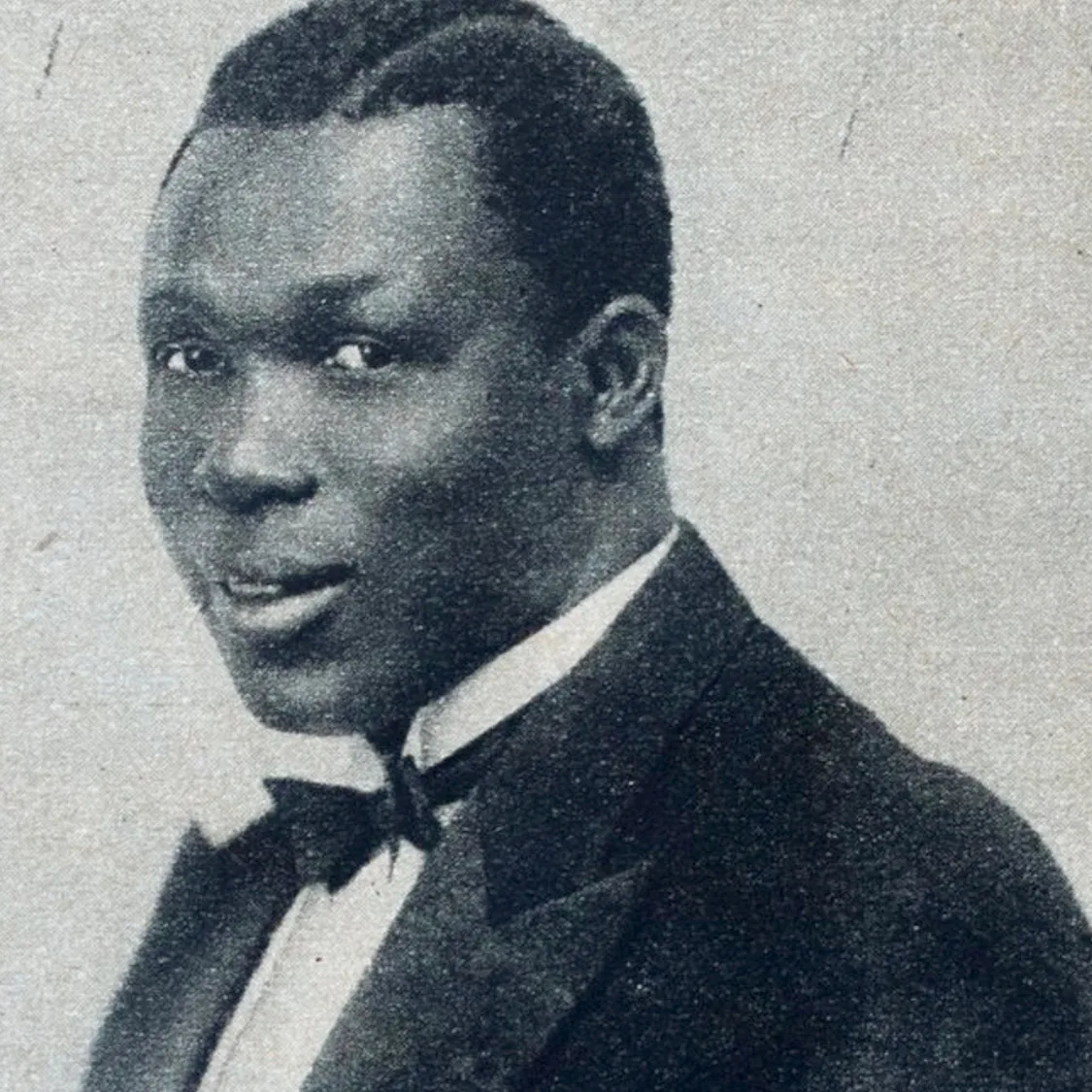
Notably, we have Jonathan Adagogo Green, Nigeria’s first professional photographer, who is the son of the prominent palm oil trader Chief Sunju Dublin Green. With the limited tools of a box camera and glass plates, he captured the dynamics of both colonial authority and local culture. His striking, classic images embody an ability to portray Nigeria’s evolving society with elegance, bridging worlds through his pioneering lens. Next is August Agboola Browne, a WWII resistance fighter and jazz musician who exemplified cultural resilience. After joining a traveling theatre group in Britain, he found himself in Poland in 1922. As a Nigerian jazz musician, he is noted as the only Black participant in the 1944 Warsaw Uprising, where he operated under the code name “Ali.”
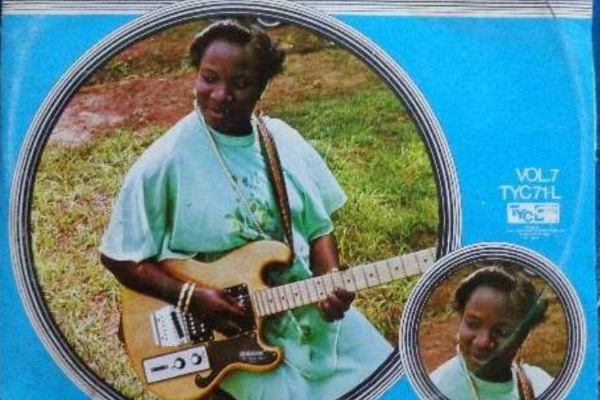
Similarly, visionaries like Nana Asma’u and Oladunni Oduguwa, redefined possibilities for women. Nana Asma’u is a pioneering figure in Nigerian history, renowned for her dedication to women’s education and empowerment. As the daughter of Usman dan Fodio, the founder of the Sokoto Caliphate, she was instrumental in advocating for female literacy during the 19th century. Her most notable initiative, the Yan Taru program, designed to make education accessible to women, emphasizing the importance of literacy and knowledge in improving their societal status. Whereas, Oladunni Oduguwa is celebrated as the first female guitarist in the country. She founded and led the Jùjú music band, Her Majesty Queen Oladunni Decency and Her Unity Orchestra, which played a significant role in promoting Nigerian music and challenging societal norms, inspiring future generations of female musicians.
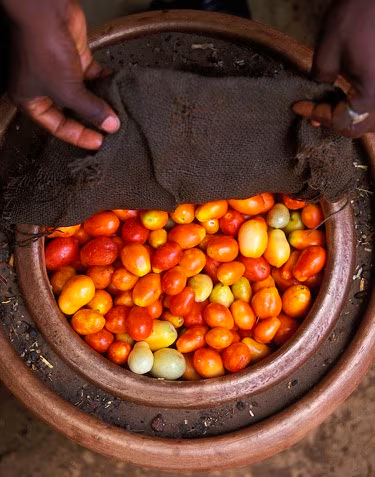
In a similar vein, innovators like Professor Augustine Njoku-Obi, a Nigerian virologist and former President of the Nigerian Academy of Science, made significant contributions by developing a cholera vaccine. Alongside him, Mohammed Bah-Abba created the “pot-in-pot”/”desert refrigerator” cooling system, a simple yet effective food preservation method. This innovative technique has greatly aided subsistence farmers in Nigeria and earned Bah-Abba recognition as one of Time magazine’s Inventions of the Year in 2001. Coming from a family of potters, his heritage shaped his approach to solving food storage challenges in hot climates. Essentially, they provided transformative solutions that uplifted their communities.

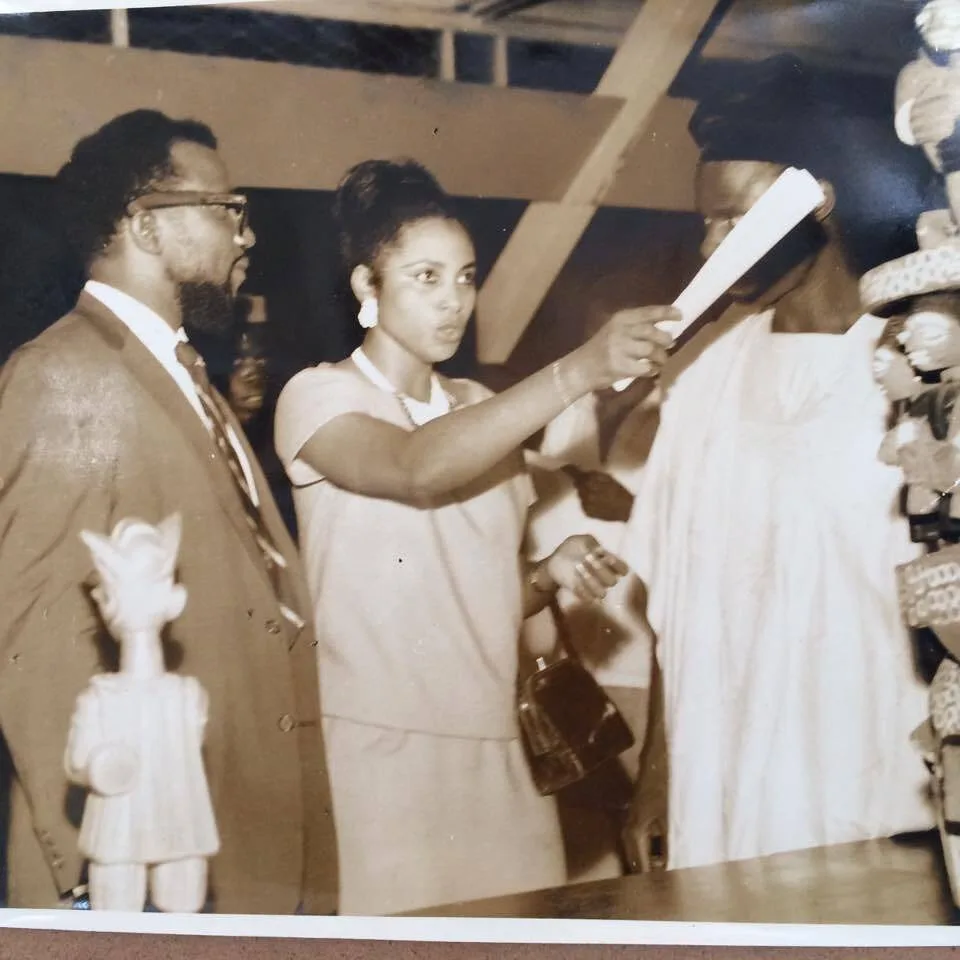
From the cutting-edge e-vehicle designs of Jelani Aliyu, a notable Nigerian automotive designer, emerged a revolutionary approach to sustainable transportation with the Chevrolet Volt. The groundbreaking plug-in hybrid, which ingeniously combined electric and gasoline power, symbolized a pivotal shift towards eco-friendly driving. In parallel, Afi Ekong-Attah made her mark as Nigeria’s first female gallery owner with The Bronze Gallery and as the nation’s first academically trained female artist. Together, these pioneers exemplify the essence of progress, illustrating that true greatness stems from courage, collaboration, and a commitment to overcoming challenges.
For more information, visit The Mark-Makers: Unsung Pioneers‘ webpage, and ART X’s Instagram @artxlagos.


